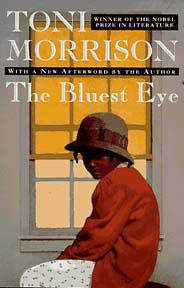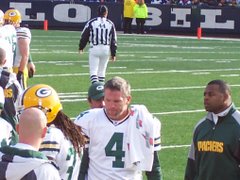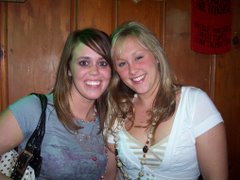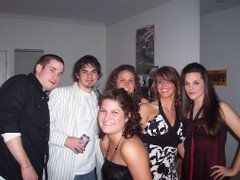
The Bluest Eye was written by Toni Morrison and set in Lorain, Ohio in the 1940s. This is the town where Morrison grew up, and it is narrated from the view of a nine year old, which is the age she would have been the year the novel takes place. We have been talking in class about authenticity and I believe this novel is a perfect example. Toni is a black woman telling a story about two black families who is struggling with beauty, love, power and fitting in. I believe the goal of this novel was to make a statement about the harm that racism can do to the most helpless member of a society, a young girl.
There were many symbolisms in this story, but I am going to focus on the main one, beauty. Beauty is a huge part of this novel and its symbolism is everywhere. Pecola in the beginning was living with the MacTeer family, because Pecola’s father burnt down their home. Claudia and Frieda MacTeer feel bad for Pecola and befriend her. They find out that Pecola loves Shirley Temple and all the she represents. Pecola comes to believe that beautiful is having white skin blue eyes, and therefore she herself is ugly.
Another symbolism of what is beautiful and what is not is the Breedlove family. Pecola’s father is an alcoholic and abusive, therefore he is ugly on the inside. He is also seen as ugly on the outside because he is not white and does not have blue eyes. Pecola’s mother goes to the movies often to watch what she sees as beauty, the actresses and actors on the movie screen. They acknowledge the fact that they are ugly because society gives them no evidence otherwise.
No one ever noticed Pecola and she believes that if she could just have blue eyes, then she will become beautiful and noticed. She believed that things would be different. She thinks everything in her life will look better through these blue eyes, because the way people see her affects the way she sees the world. She prays to God every night asking him for blue eyes. One day Pecola’s father Cholly comes home and decides to rape her. This pushes Pecola to go to Soaphead Church and ask him for blue eyes since praying to God doesn’t seem to be working. He knows he cannot help her and feels bad about this, but he goes on to tell her that it is possible.
Pecola becomes pregnant with her fathers baby, and everyone in the neighborhood wants this baby to die except Claudia and Frieda. They see the baby as a description of beauty.
Pecola eventually goes crazy believing that her wish has come true and that she has blue eyes. She still is not happy with herself because she becomes obsessed with the fact that her eyes may not be the bluest. This proves that beauty does not equal happiness or satisfaction. Yet, this issue is still a problem today. Everyone wants to be beautiful, but can we ever be beautiful enough?
I would recommend this book because there is so much symbolism in it that makes the story intriguing. I feel that anyone who reads this book will benefit from it because you are seeing an honest and truthful viewpoint of racism and struggle in our society.




